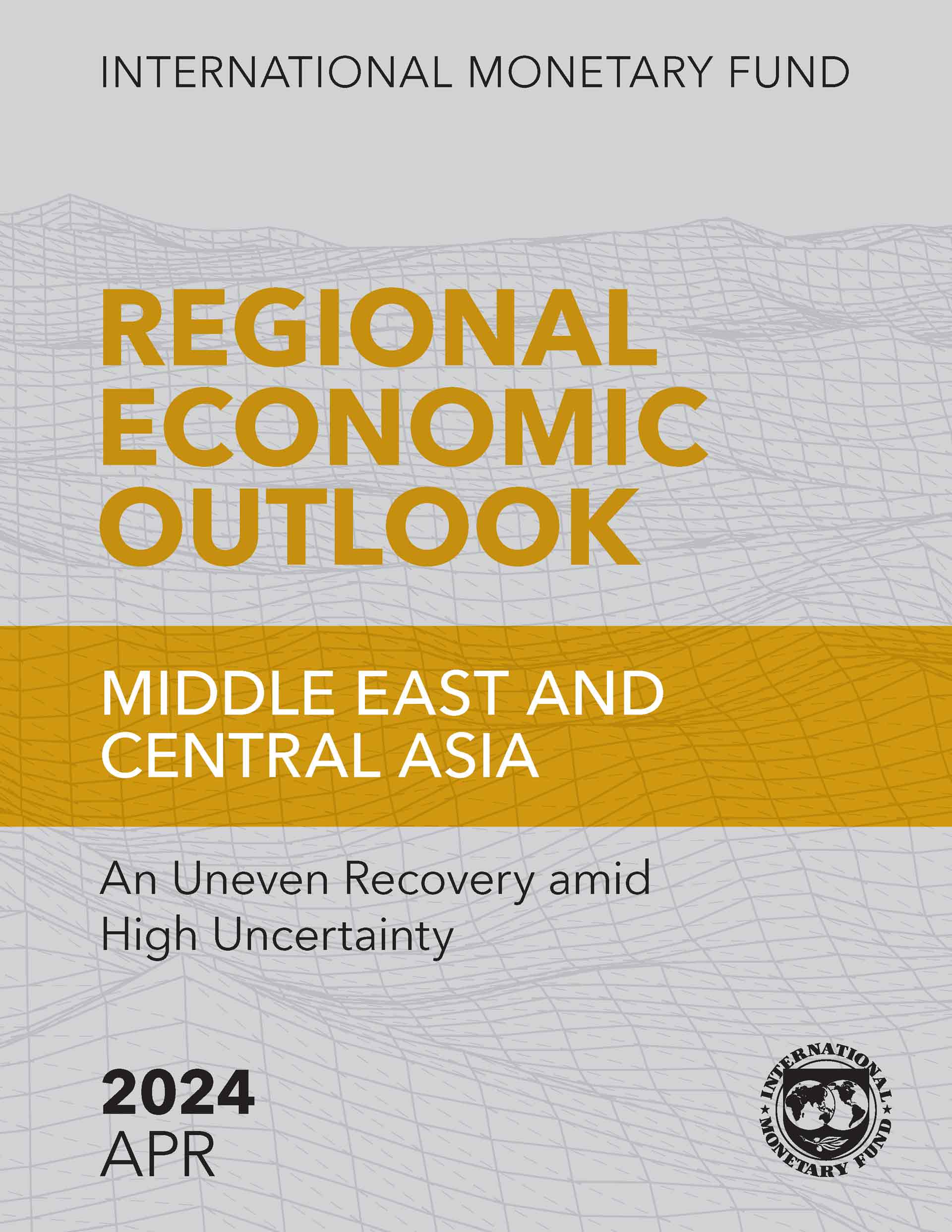This web page provides information on the activities of the Office, views of the IMF staff, and the relations between Yemen and the IMF. Additional information can be found on Yemen and IMF country page, including official IMF reports and Executive Board documents in English that deal with Yemen.
Yemen and the IMF
-
IMF Staff Concludes Staff Visit to Yemen
May 2, 2024
An International Monetary Fund (IMF) team, led by Joyce Wong, conducted a mission in Amman, Jordan with the Yemeni authorities from April 28th to May 2nd. Discussions covered recent economic developments in Yemen, the economic outlook, and progress on key policy reforms.
-
Transcript of Middle East and Central Asia April 2024 Press Briefing
April 18, 2024
Transcript of Middle East and Central Asia April 2024 Press Briefing
-
IMF Holds Informal Board Briefing on Iran, Myanmar, Syria, Tunisia, and Yemen
February 22, 2024
In line with the standard procedures for members whose Article IV consultations with the International Monetary Fund (IMF) are delayed, on February 22, 2024, the Executive Board was briefed by staff on economic developments in Iran, Myanmar, Syria, Tunisia, and Yemen.
-
Transcript of IMF Press Briefing
January 11, 2024
My name is Julie Kozack. I'm the Director of Communications at the IMF. This briefing will be embargoed until 11:00 a.m. Eastern Time.
-
IMF Staff Concludes Staff Visit to Yemen
June 7, 2023
An International Monetary Fund (IMF) team, led by Joyce Wong, conducted a virtual and in-person mission in Amman, Jordan with the Yemeni authorities from May 25 to June 8. Discussions covered recent economic developments in Yemen, the outlook, and progress on key reforms.
Regional Economic Outlook
April 18, 2024
An Uneven Recovery amid High Uncertainty
The Middle East and North Africa and the Caucasus and Central Asia regions are positively impacted by the resilience of the global economy. Lower global commodity prices and vigilant policy responses have helped ease inflation in most countries. However, uncertainty and risks have risen amid ongoing conflicts, shipping disruptions, and reduced oil production. This is leading to an uneven recovery across the Middle East and Central Asia, with growth rates varying this year. Policymakers need to ensure economic stability and debt sustainability while navigating geopolitical risks and improving medium-term growth prospects. Amid high uncertainty, it is essential that countries implement reforms to enhance their fundamentals, including by strengthening institutions. Additionally, countries can seize potential economic opportunities amid shifting trade patterns by reducing long-standing trade barriers, diversifying products and markets, and improving infrastructure.
Read the Report




